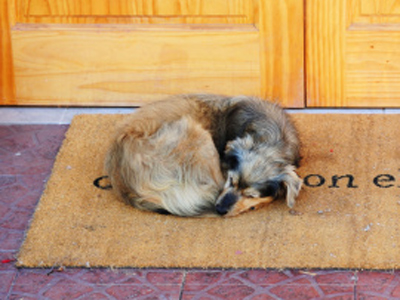

Verbs 01 - Choose the Verbs
Eight parts of speech define the English language, one of which is the Verb. Two essential parts of speech that a sentence cannot do without are Verbs and Nouns. For instance, “Mustaq studies” is a complete sentence on its own and it contains just a noun and a verb where 'Mustaq' is the noun and 'studies' is the verb. Here 'studies' is called an action verb.
Verbs are ‘doing’ or ‘action’ words that tell us what persons or things do. Verbs can be of different types and classifications such as Main Verbs, Helping or Auxiliary Verbs, Transitive and Intransitive Verbs and Regular and Irregular Verbs. Verbs can be confusing as they appear in every conceivable form. However, there are rules and conventions to be followed and if you learn them it is easy to understand verbs.
Ready for more?
not all...
quizzers. Try to win a coveted spot on our Hall of Fame Page.






